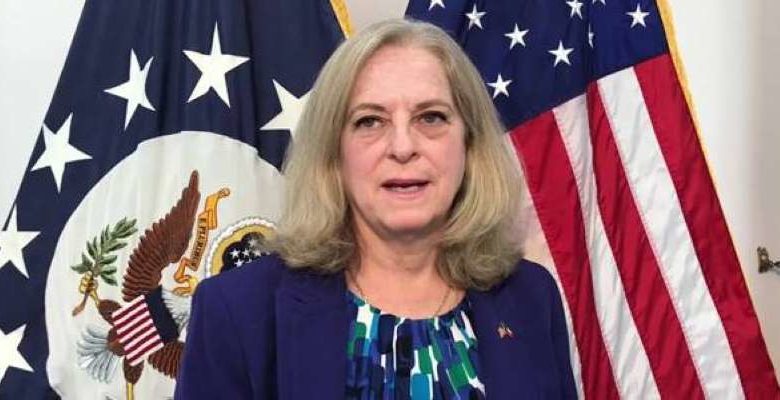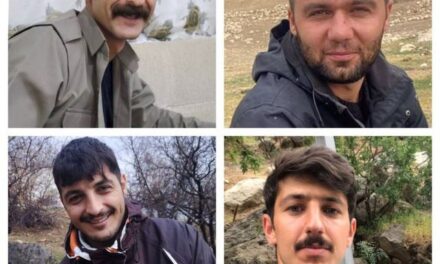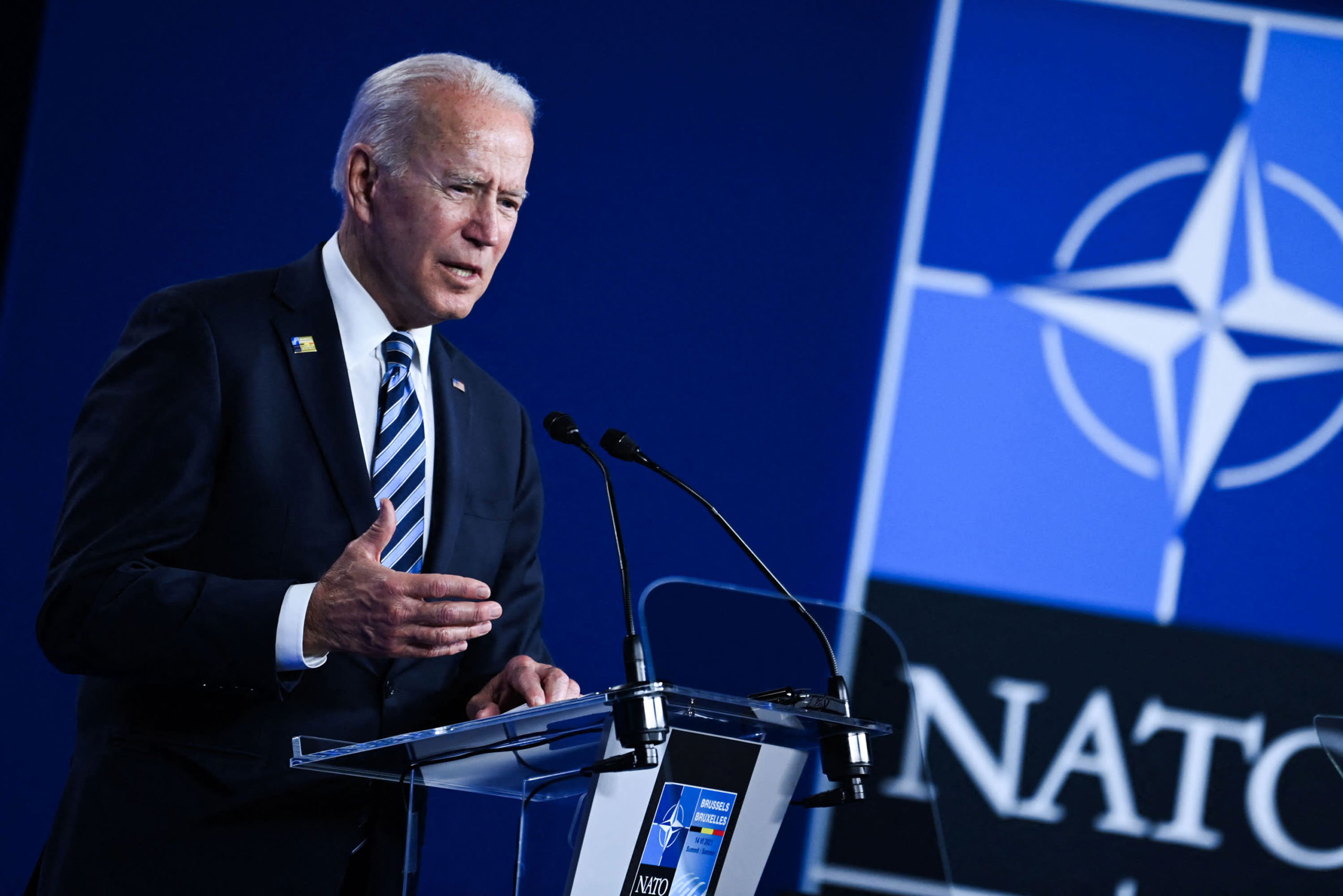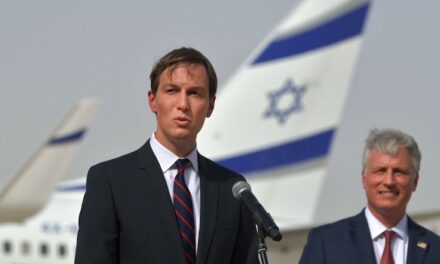By Ambassador Alina Romanowski
This week, the United States is celebrating International Education Week around the world. Every year in November we shine a light on how important we believe international education is to sharing ideas and knowledge across thousands of miles, building modern innovative societies, finding solutions to global challenges, and furthering mutual understanding between different cultures and people. By doing this, we can open minds that foster more peaceful and equitable societies that thrive in today’s interconnected world.
We at the U.S. Embassy in Iraq want to acknowledge our continuing work with Iraq’s education sector and call on Prime Minister Sudani’s new government to strengthen our education cooperation and exchange programs. The U.S. and Iraq share many of the same goals in education—to build an educated population and a younger generation that is ready to solve problems and build a peaceful, prosperous, and stable world.
Education is key to shaping that new Iraq, and we want our partnership to help prepare young Iraqis to become leaders who will create and sustain a strong democracy and economy. The U.S. supports a range of educational programs, including some for vulnerable populations, to give young Iraqis the skills they need to be competitive in today’s job market.
In the 21st century, knowledge of English is crucial to employability and easy access to more information and that’s why the U.S. Embassy funds programs to help young Iraqis learn the language. We give 11- to 17-year-olds a foundation in the English language through our English Access Microscholarship classes in 13 Iraqi communities. Since the Access program began in 2011, 2,430 students have improved their English-language skills.
We also sponsor other programs for young adults that combine English instruction with job-skills training. The program “Level Up” gives young women between ages 18 to 25 computer and language skills. English Language Investment and Training for Economic Success (ELITES) trains young adults to find employment and seek out entrepreneurship training and we just graduated a class of 60 future Iraqi entrepreneurs. In addition, our Higher Education Partnership with the Ministry of Higher Education and Scientific Research includes an internship program to give young people work experience to increase their employability.
The State Department also recently awarded two grants to Baghdad institutions to support American-style higher education in Iraq. Vanderbilt University and the American University of Iraq-Baghdad received $2.5 million to work together to design and launch a college of education. Baghdad Business School received $750,000 to expand its Business Foundations Program.
Initiatives like these help young people imagine different, better futures for themselves. They also help them understand our differences but also the many ways in which people everywhere are very much the same. They can also open doors to U.S. Embassy exchange programs.
This year we proudly celebrated 75 years of the Fulbright Program, the world’s most prestigious international education exchange program. Since 1952, approximately 800 Iraqis have gone to U.S. universities on our Fulbright programs, including the Fulbright Students Program, the Fulbright Language Teaching Assistant Program, and the Fulbright Visiting Scholar Program.
We have also sent nearly 4,000 young people to the United States on the Iraqi Young Leaders Program and Iraqi post university graduates on the Humphrey Fellowship, the Study of the United States Institutes, and many other programs.
Today, international education is more important than ever. The climate crisis is the biggest challenge we face across borders and regions. Addressing this challenge will require us to work together in deeper and more creative ways. And the biggest opportunities before us – to build sustainable, inclusive economies and to uphold human rights – are the same.
When students and scholars come to the United States – and when American students choose to study abroad – we strengthen ties between the United States and other nations, and between our current and future leaders in business, academia, and public service.
We’re proud that the United States remains the top destination in the world for international students seeking a high-quality higher education. With nearly 4,000 accredited institutions of higher education, the United States has a good fit for every international student. In the 2020-2021 academic year, American colleges and universities welcomed more than 914,000 students from around the globe.
We are looking to increase the number of Iraqis studying in the United States. Each year since 2015-2016, the number of Iraqi students at U.S. universities has declined from a peaked of 1,901. In 2020-2021, only 771 Iraqis studied in the United States. While the Covid-19 pandemic can be blamed for the most recent numbers, the Iraqi government’s decision to end its scholarship program is the primary reason for this decline. We want to turn that around.
During this International Education Week, as the new Iraqi government begins to consider its policy and budget priorities, I encourage these new leaders to make education a top priority for 70 percent of Iraq’s population who are under 30. I urge them to consider strengthening Iraq’s education system, including reviving the government scholarship programs. In the past, I’m told there was a pledge to send 2,000 Iraqi students to the United States each year. I hope that the new government will make a commitment to renew that promise. If it does, I assure you that the United States will give them a warm welcome.
To help students and teachers who are interested in exploring educational opportunities in the United States, the Embassy and our Consulate in Erbil are hosting two of the State Department’s regional educational officials. They’ll meet with government and educational officials and, most importantly, students.
Please check the Embassy Facebook and Twitter accounts this week to follow their time in the country. More information on U.S. programs supporting Iraqi education is available at this link: https://iq.usembassy.gov/education-culture
#USCGERBIL
#USEmbassyBaghdad
#InternationalEducationWeek





